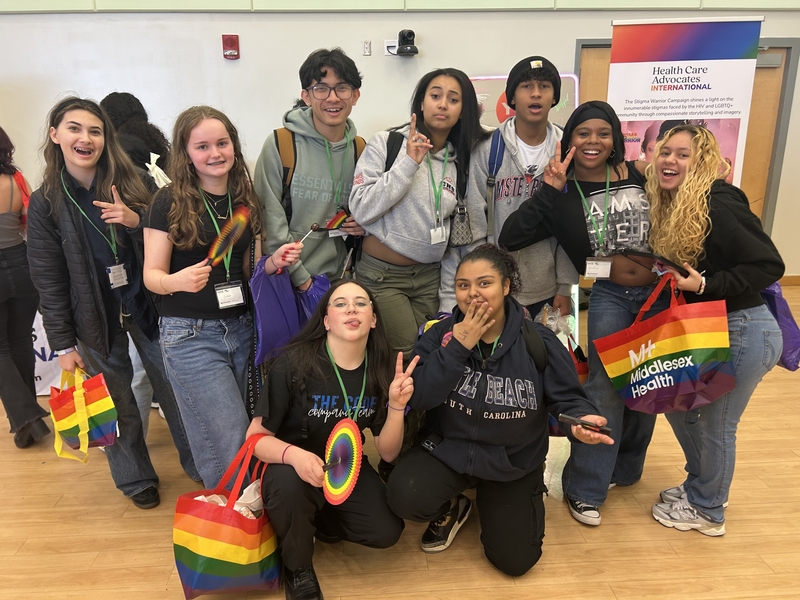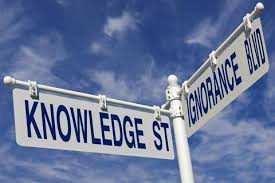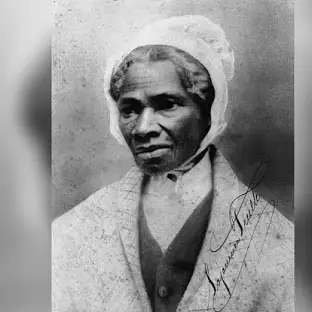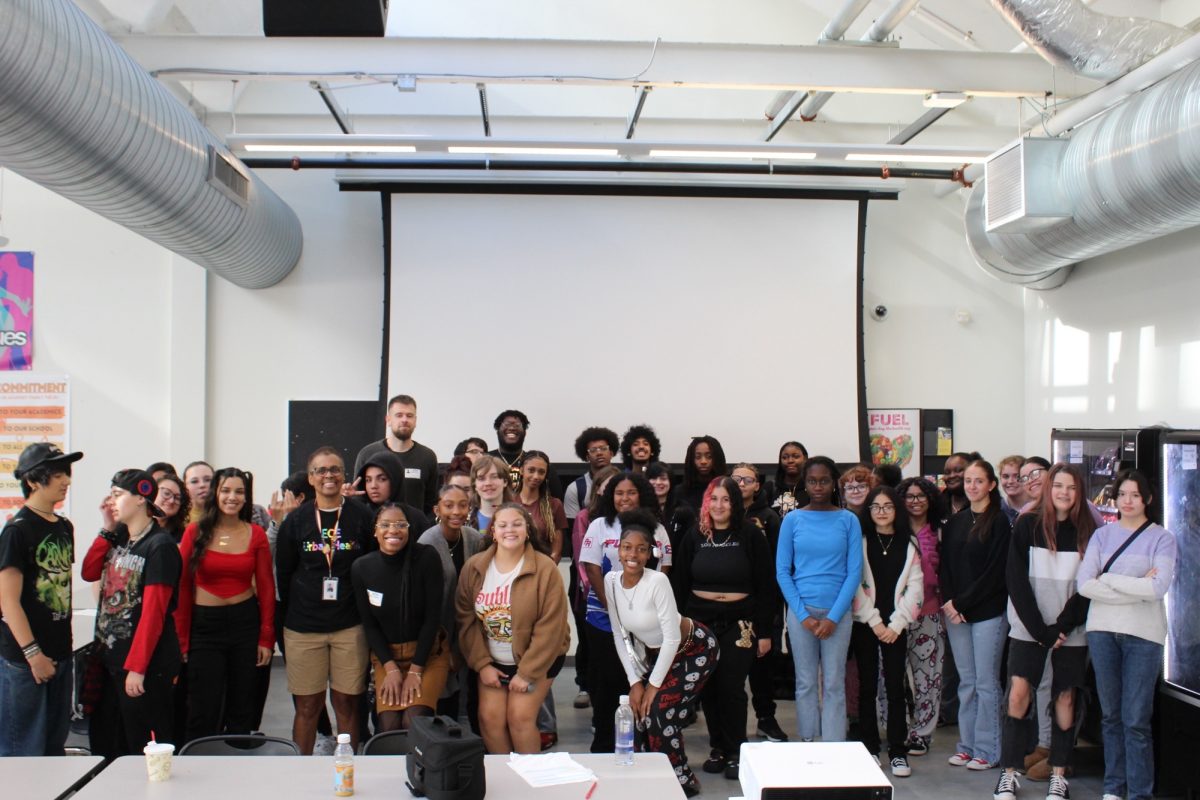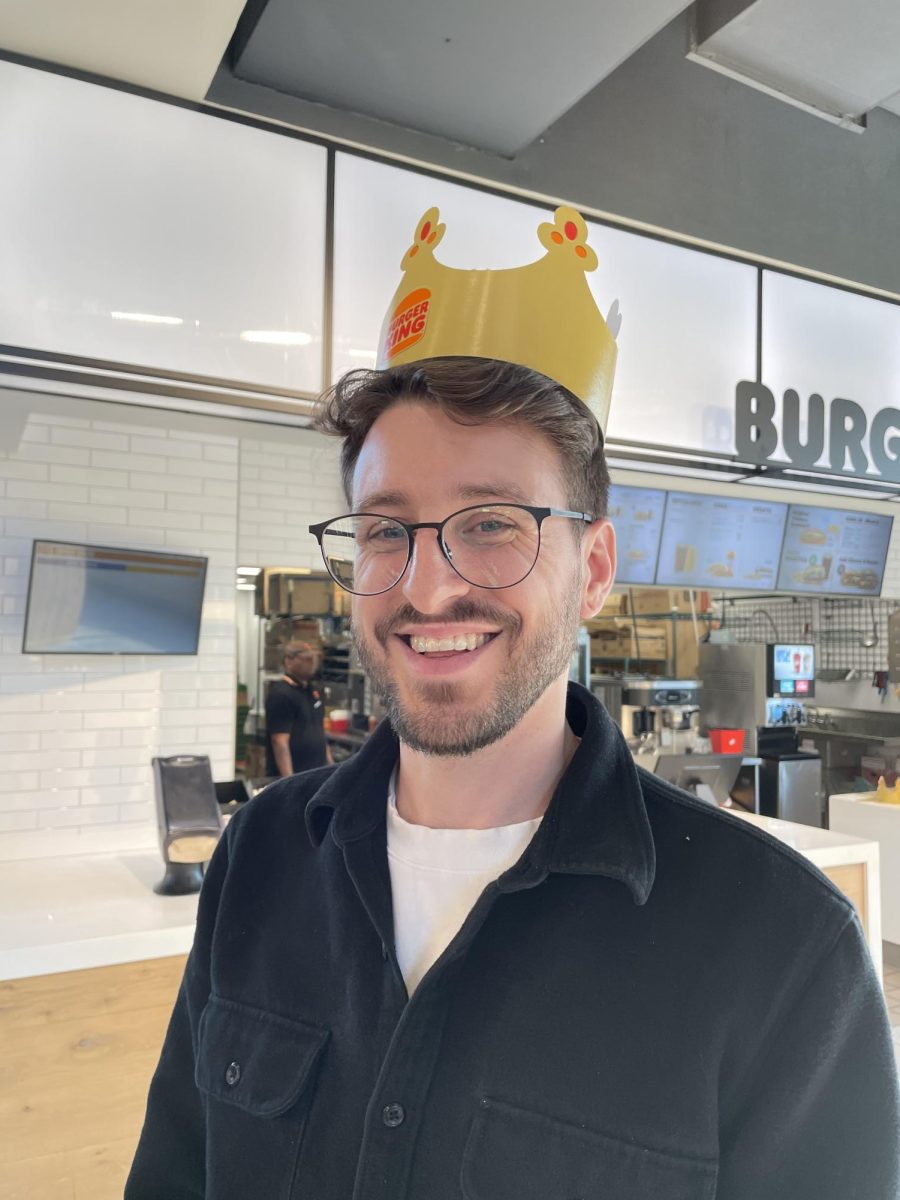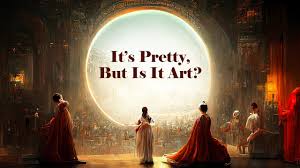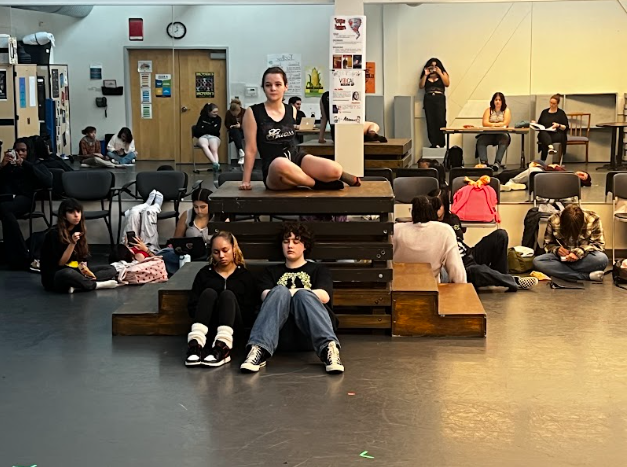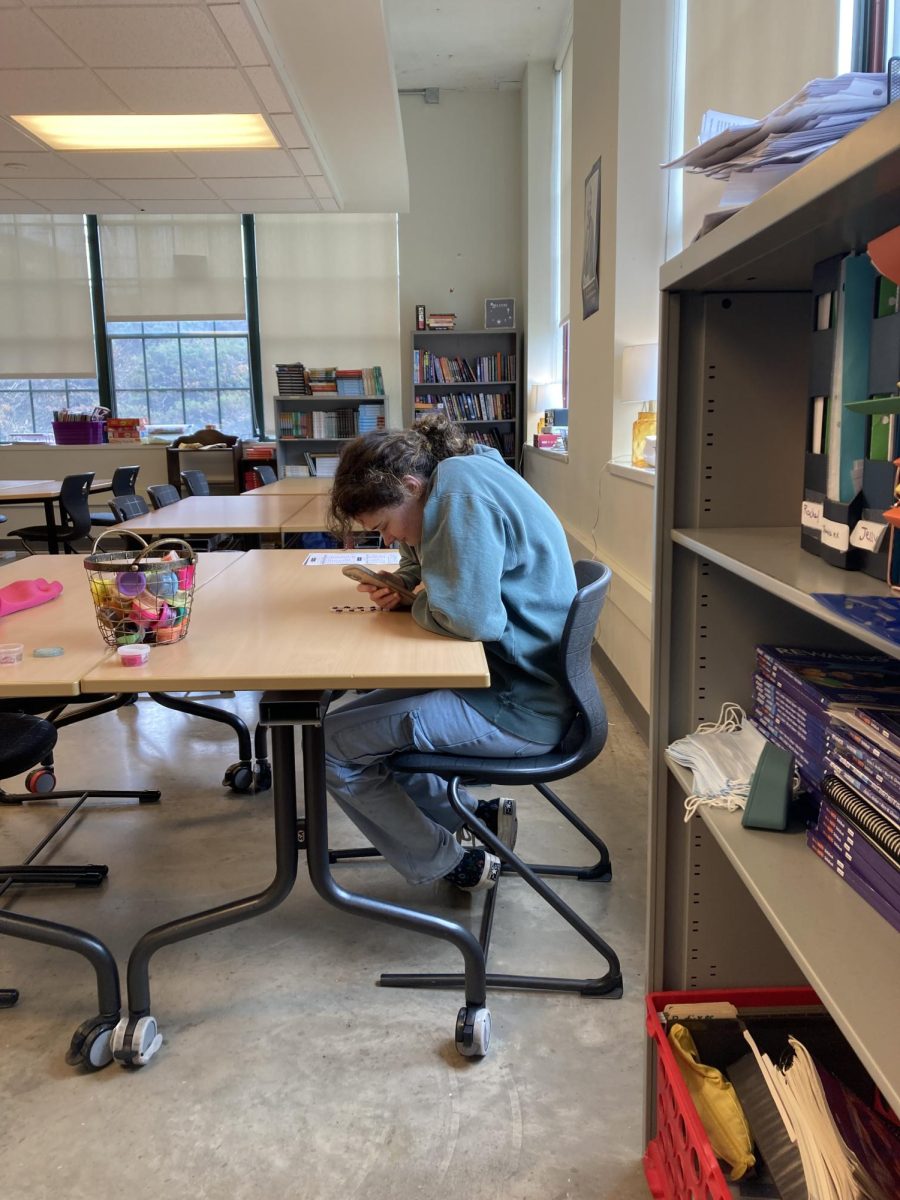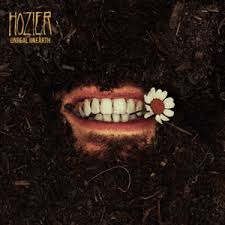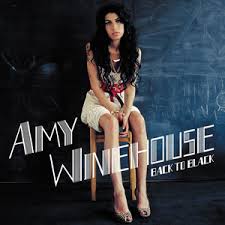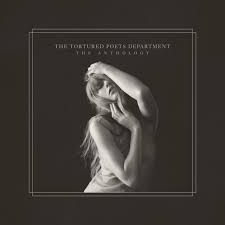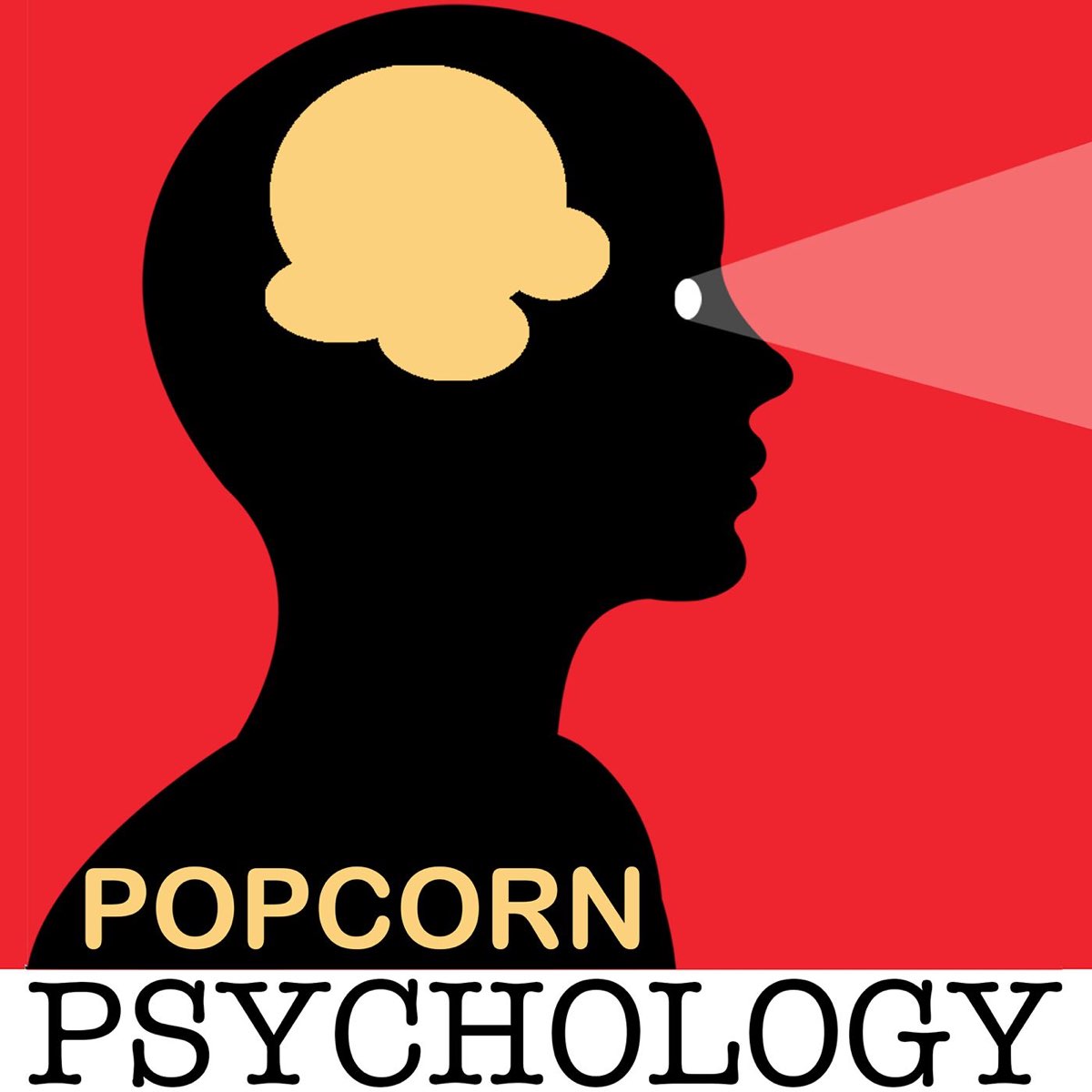I took AP Psych in junior year, and want to major in psychology in college. There is no Psychology class at GHAA that offers additional information past AP Psychology. Especially if you get the credit and skip Intro to Psych in college, that’s a big jump. A year of rest can let you forget a lot. I realized this and wanted to find a podcast that was both educational and entertaining about the topic. My current favorite: Popcorn Psychology. In this podcast, three therapists look at characters in movies with a specific topic in mind, discussing the issues, context, and possible treatment plans for these characters. Brittney Brownfield is a child therapist, Hannah Espinoza is a marriage and family therapist, and Ben Stover is an individual therapist, so we see a lot of different perspectives and get insight into the differences between these specializations. They’re all Licensed Clinical Professional Counselors (LCPCs) and have years of experience, so they know what they’re talking about. They’re also friends in real life, which creates a fun and earnest tone. If you’re interested in psychology, film, or if you like English and analyzing media, this podcast would be a good fit for you.
The episodes each focus on one movie, though they usually address multiple characters within the piece of media. As each therapist specializes on certain types of clients, they often discuss treatment options for different characters; this only goes to show that everyone can benefit from therapy, and that not every therapist is a perfect match with every client. The topics range from superheroes to Studio Ghibli to horror, including both recent releases and classics, so I guarantee you’ll find one about a movie you enjoyed. The titles of the episode include both the work that’s being analyzed as well as what they’re looking at: trauma, values, family dynamics, etc. These episodes are really long, some up to two hours, so they’re good for long drives or listening to in chunks. They’re typically split up into sections – first impressions and a summary of the movie, a deep dive into the main character, discussions about other characters, and treatment plans – so there are natural stopping points within episodes. You also don’t have to listen to the episodes in order as they each stand independently from each other.
One of my favorite episodes is about Fantastic Mr. Fox, as the counselors’ insight introduced me to a new view of this childhood favorite. It’s easy to watch a movie and go, “That was funny, I liked the animation and the characters, it was cute.” Especially when you watched the movie when you were younger, there are a lot of things that are easy to miss. In this episode, they talk about Mr. Fox’s delusional nature, and how it affects everyone in his family and community. Obviously, they move from their safe home into the tree which draws the attention of the farmers, but his actions also affect his family members’ states of mind, especially his son. Mr. Fox’s personality and treatment of his family aids in creating inner turmoil in them. The therapists on this show also go beyond the movies sometimes to talk about their directors. In the case of Wes Anderson, they talk about how he includes narcissistic fathers in many of his movies. While they do this infrequently, it shows how artists’ personal lives appear in their art, and sheds light on real-life examples in addition to the fictional characters. This episode was very interesting to me as the situation was unlike anything I’ve read in a textbook, and they addressed it with extreme detail. Since movies are a reflection of the people who create them, they can be even more realistic than a textbook example where they’re telling someone else’s story. The tone of the works also either embrace you or distance you: movies draw you in, letting you understand the characters, while textbooks speak of research subjects in a clinical manner. Of course, they both have their place in learning, but the ability to pursue your interests in alternative ways can make the topic so much more engaging.
Popcorn Psychology can be found on Spotify, Apple Podcasts, and Spreaker.



